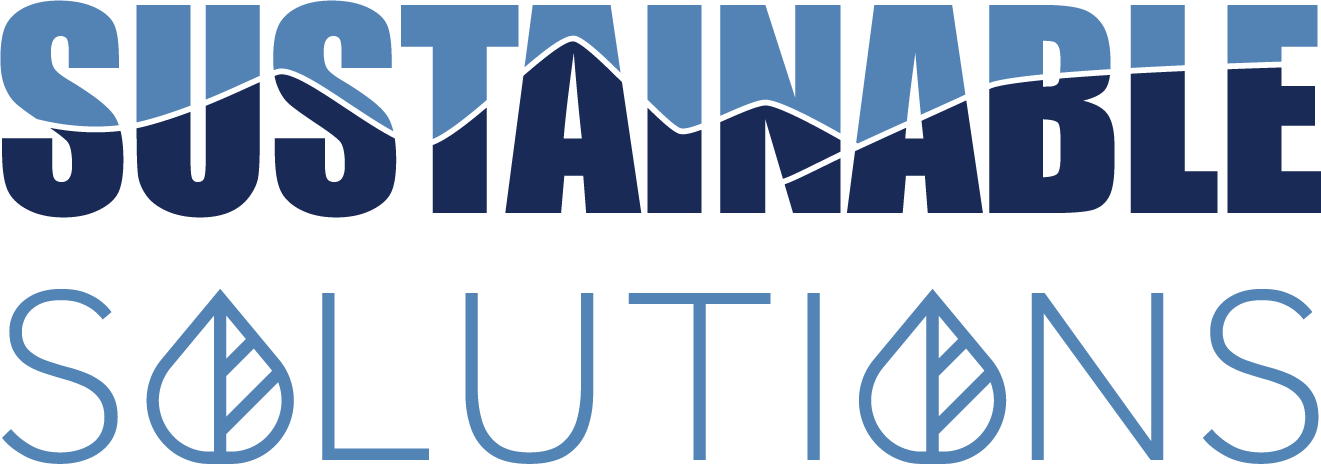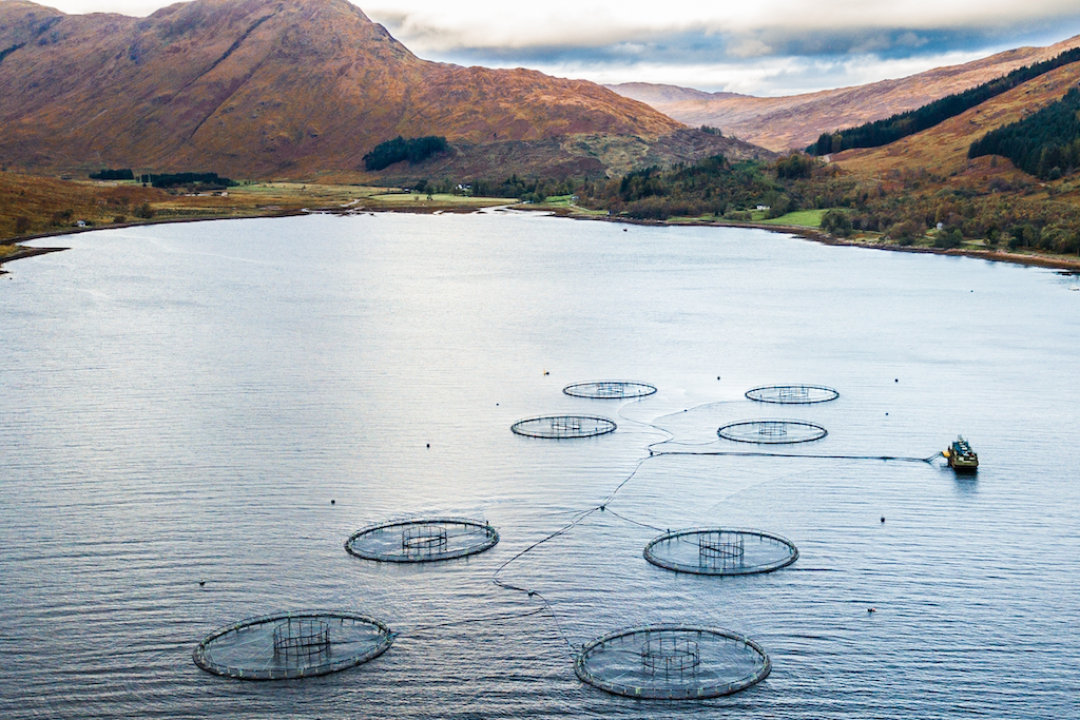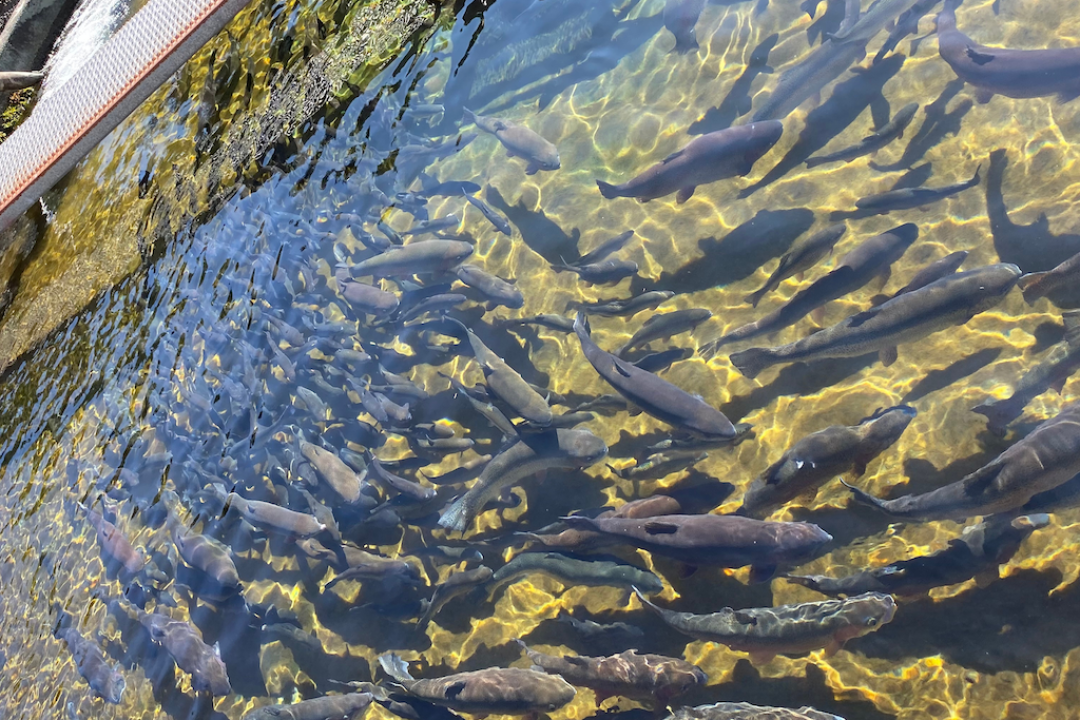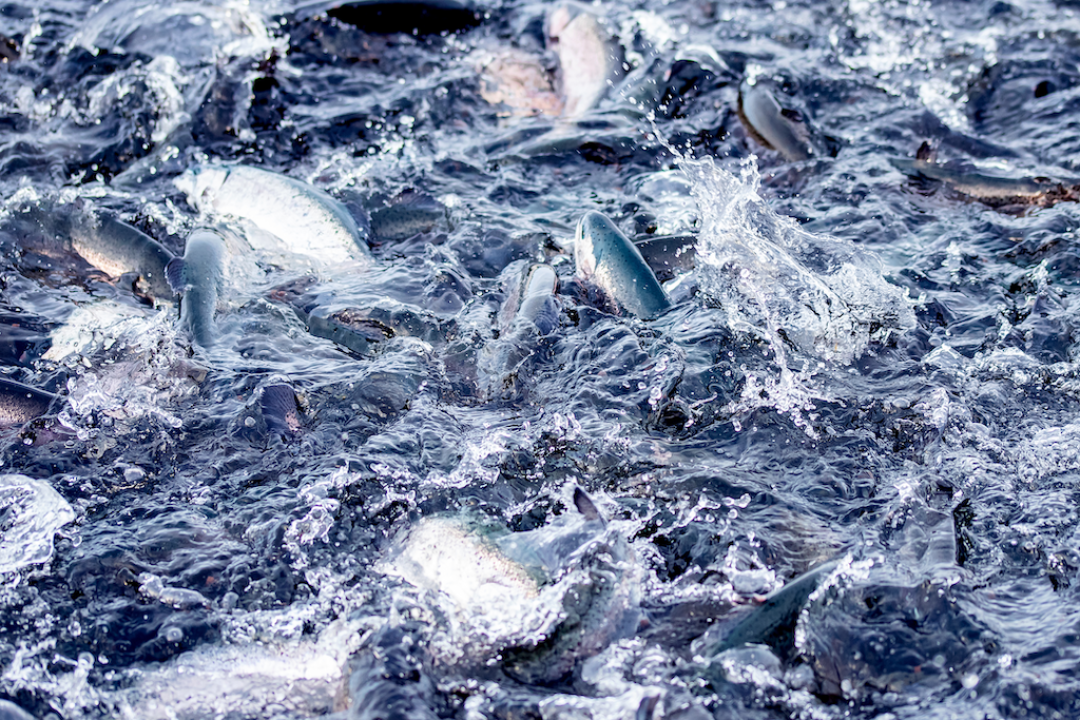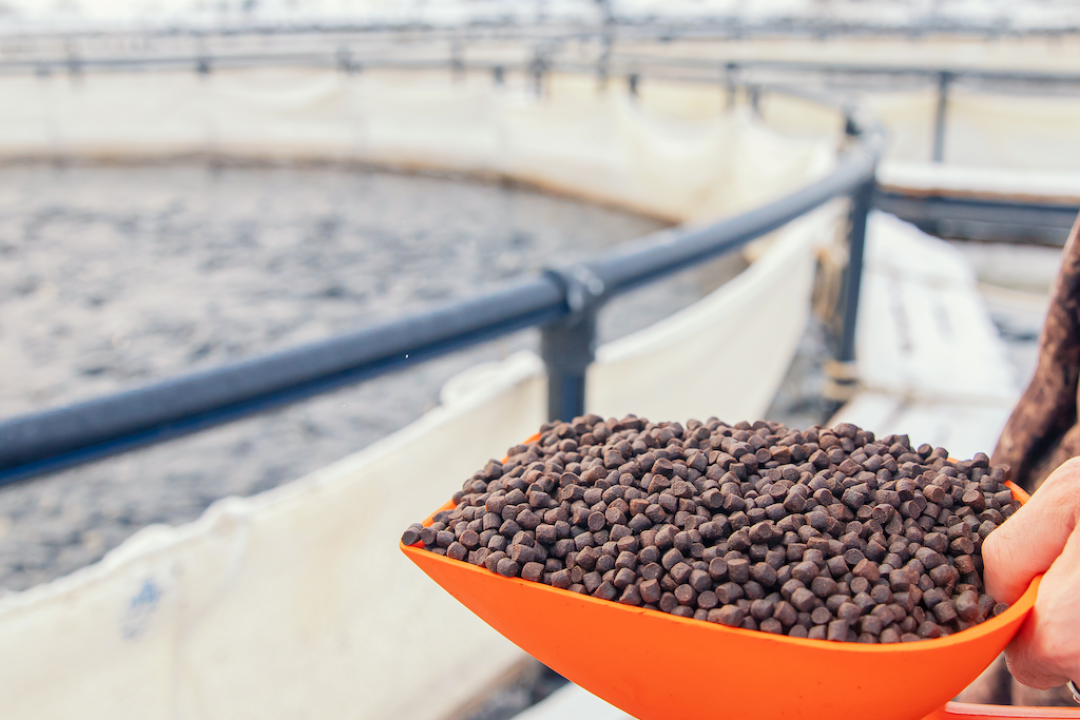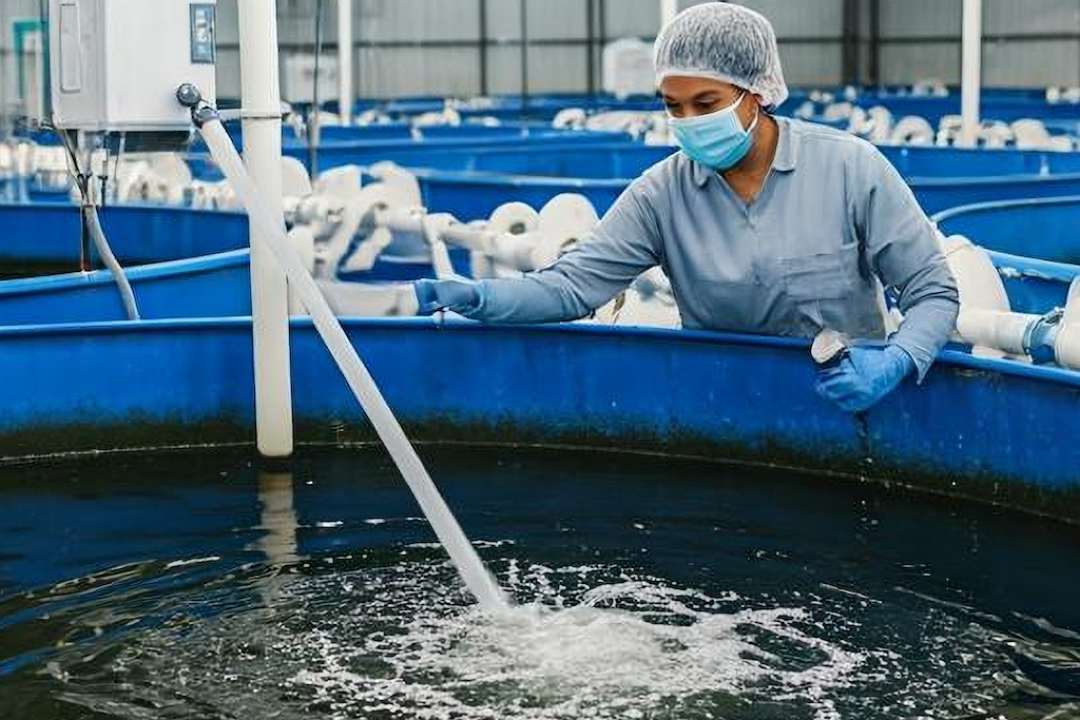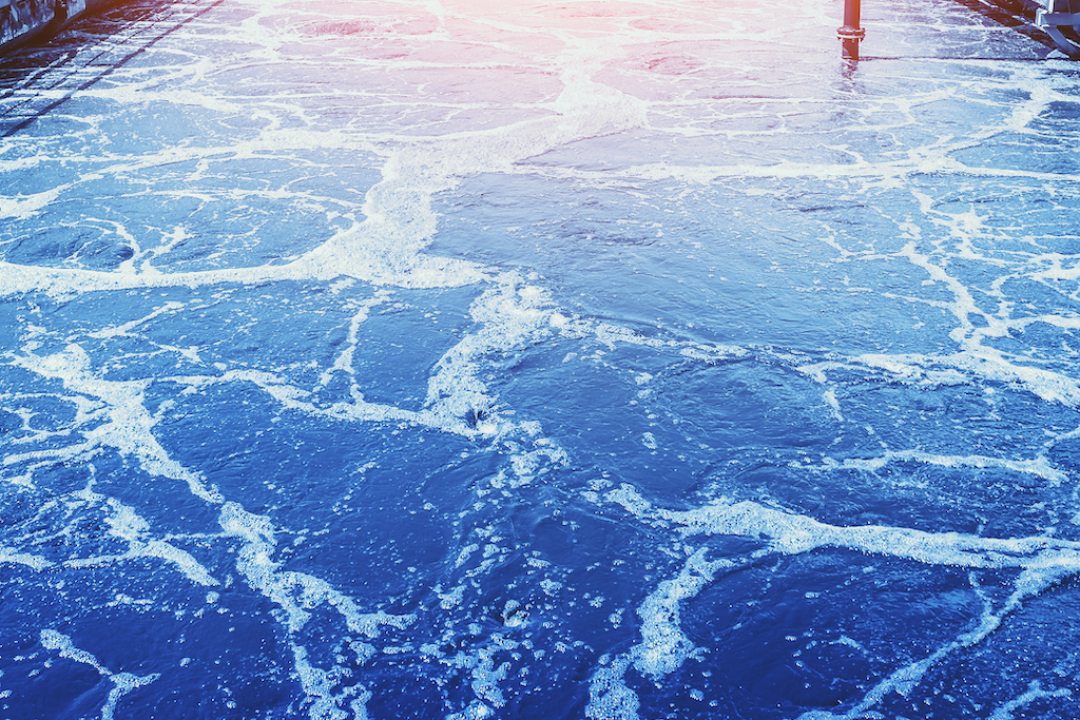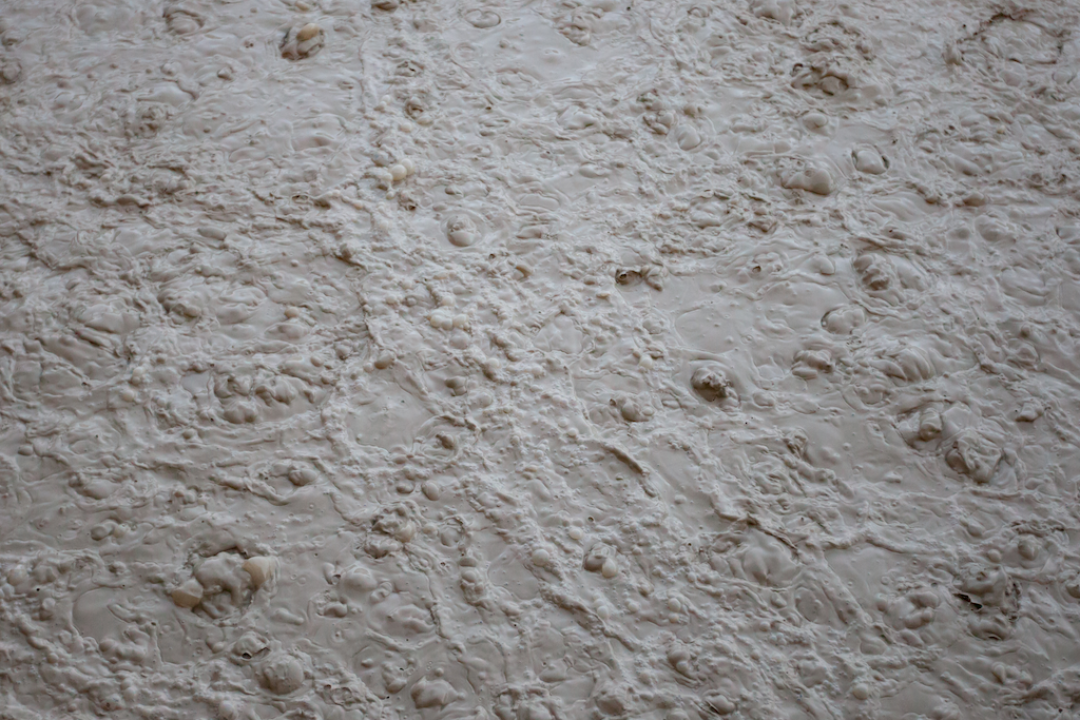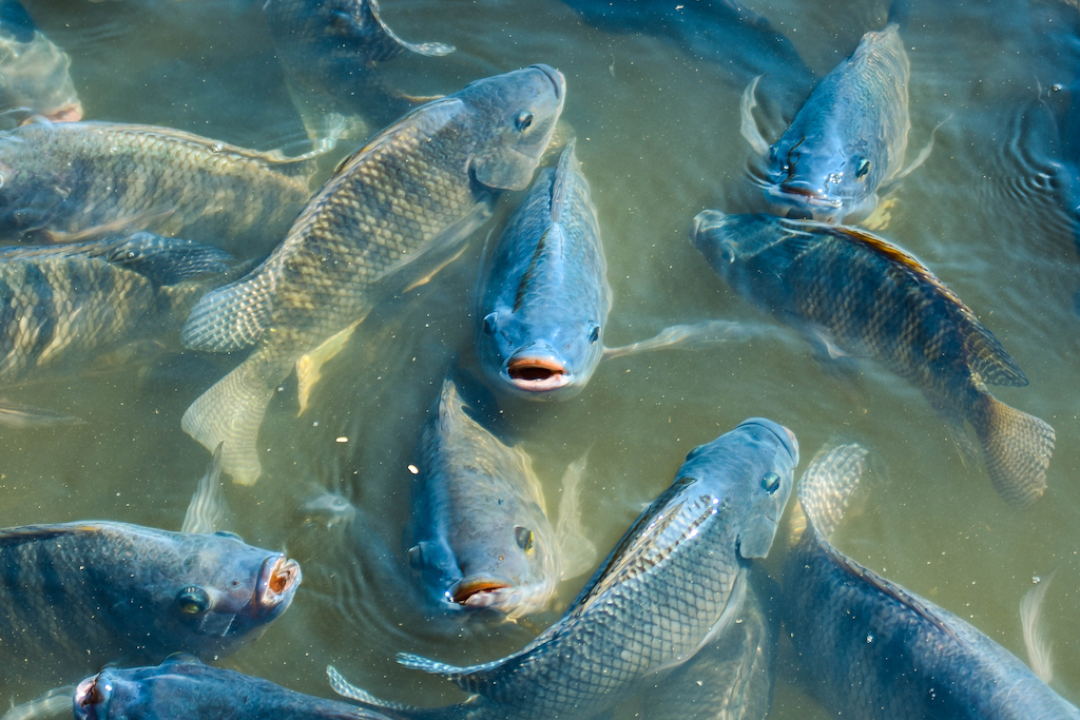Aquaculture
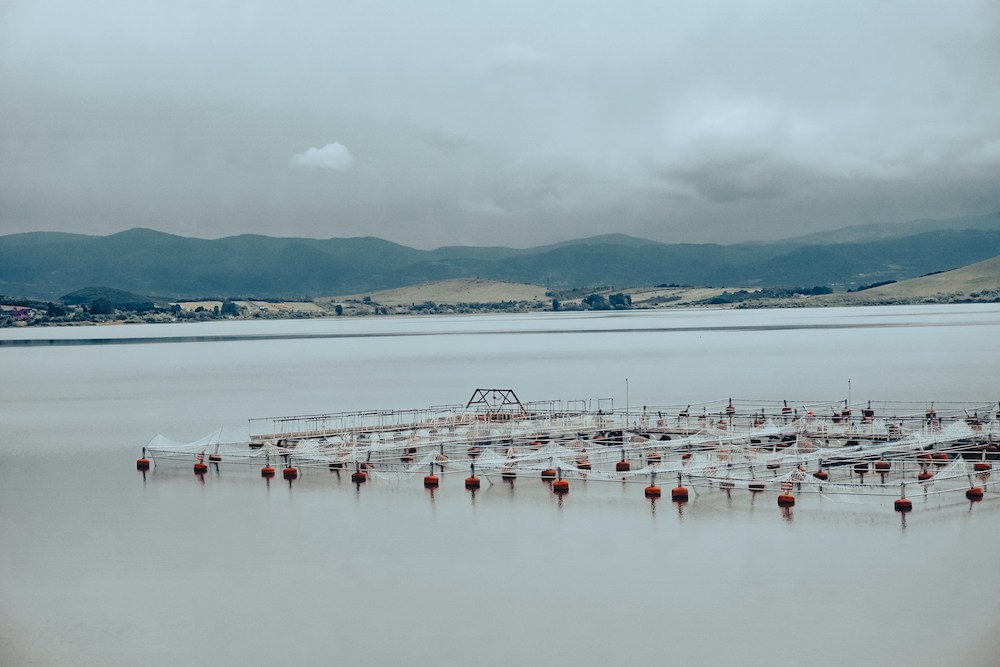
Solutions for Aquaculture
Increasing aquaculture production, to fulfil the demands of cheaper sources of resource, and the increased cost of other production industries, means increased inputs, such as fish and feed per unit culture area and resulting in increased waste generation from the aquaculture production systems.
This will obviously have an impact on the operations, supply chain, and environmental impact of aquaculture and fish farms in general. The impact of waste products from aquaculture has increased public concern and threatens the sustainability of aquaculture practices. The need for enhanced aquaculture processes is crucial and there is a need to develop stems that will not only increase fish production with efficient co-product & resource management to limit environmental and commercial impact resulting from aquaculture wastes to ensure its sustainability.
In addition, the requirement to take carbon off the road by vastly removing waste products from the haulage process is a valuable green advantage when improving their overall greenhouse gas emission reporting.
Looking for Sustainable Solutions for Aquaculture?
What does Sustainable Solutions offer for the Aquaculture industry?
Operations such as Slurry Management & co-product production, consent to discharge and processing of FOGS can be managed by SSIR.
It is our core mission to reduce power consumption, water usage, chemistry, road haulage, fuel consumption, personnel costs and increase ROI, efficiencies, carbon emissions scores, and provide additional revenue streams.
Farms can further enhance their operations by incorporating advanced technologies such as Dissolved Air Flotation (DAF) systems, CIP (Clean-in-Place) Systems, Proteus Multi-meters, and Solids Control equipment. DAF systems effectively treat wastewater by removing contaminants such as oils, greases, and suspended solids.
By promoting sustainable waste management practices, Solids Control equipment contributes to environmental conservation and regulatory compliance. Our technologies collectively enhance this industry by improving processes, ensuring product quality, and promoting sustainability. By maintaining high standards of hygiene, optimizing water quality, and managing waste effectively, operations can achieve better productivity, reduce their environmental footprint, and ensure long-term viability and profitability.
In addition, the requirement to take carbon off the road by vastly removing waste products from the haulage process is a valuable green advantage when improving their overall greenhouse gas emission reporting.
Water Quality: Filtration keeps fish farming environments clean and healthy.
Wastewater Treatment: DAF systems enable safe, sustainable wastewater discharge.
Waste Management: Solids control tech reduces water pollution from fish waste.
Over 50% of seafood is farmed —water quality is critical.
Aquaculture exceeds 110 million tonnes annually, with 90% from Asia.
Aquaculture uses 3% of global water but needs better waste treatment to reduce impact.
Other Industries
Ready to discover more about Sustainable Solutions?
Don’t hesitate – reach out to us today to find the answers to your questions and connect with a team that’s shaping the future of the renewable energy sector. Take the first step towards a greener, more efficient future by getting in touch with us now. We’re excited to hear from you!

